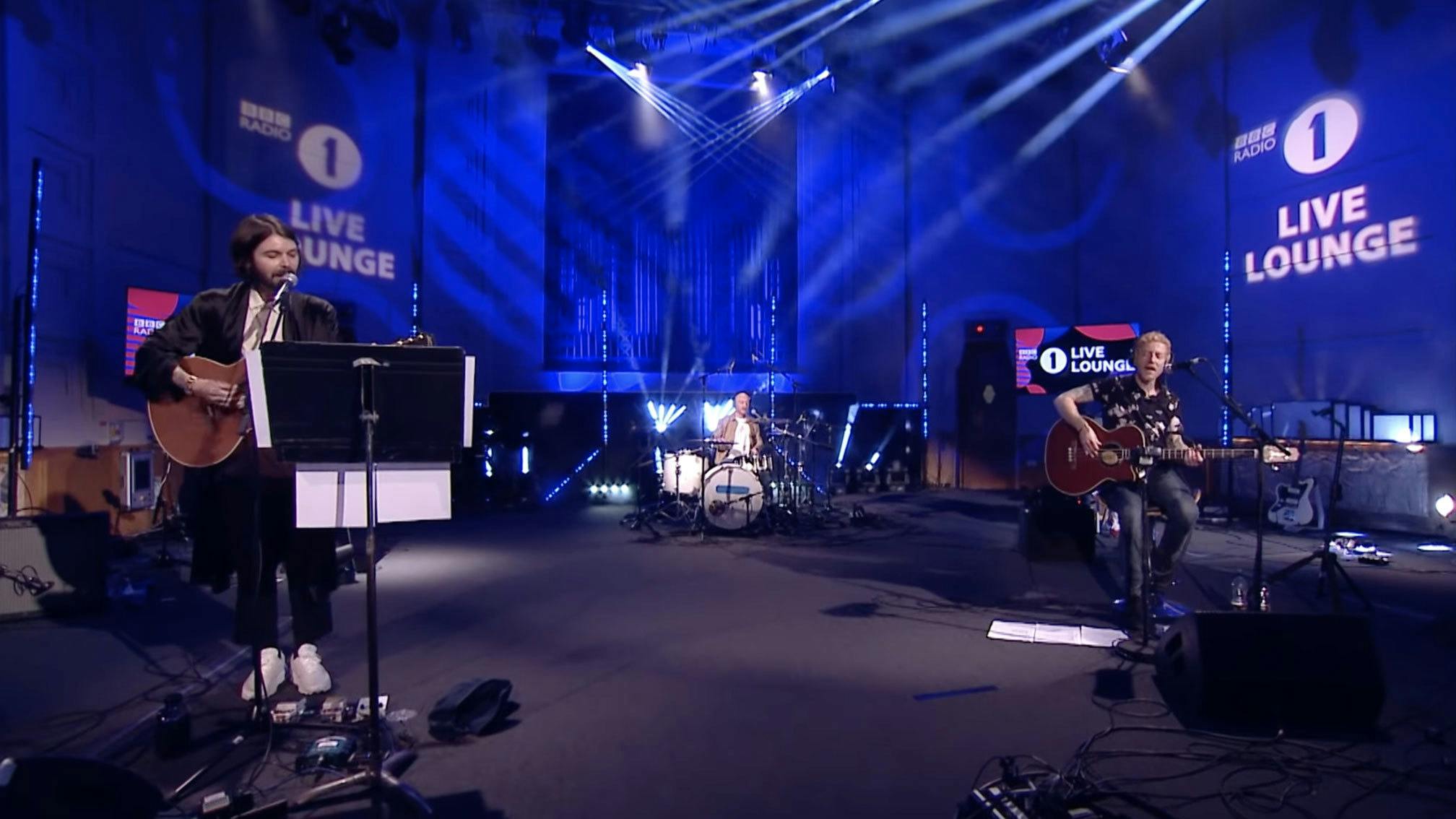“Look at what daytime spins have done for bands like Architects and Bring Me The Horizon,” agrees Mat Welsh. “They’re playing arenas and it’s not a coincidence that it’s becoming normalised that heavy music is played during the day.”
Some might point to falling ratings as evidence the BBC is losing its appeal – although Radio 1 still reaches nine million people aged 10+ every week through the radio alone. And while streaming services have huge potential audiences, they rarely showcase rock, punk or metal on their most popular playlists.
“The streaming landscape is not fantastic for rock, so radio and TV support is vital,” says Paul Craig. “Take a programme like Later. Would a commercial network support that? I don’t know.”
And it’s the BBC’s breadth and scale that makes it such a vital platform. One look at the American radio market – where there may be thousands of niche rock stations, but very few with significant audiences – shows what British rock fans would miss if the BBC was forced to change its approach.
No-one at Radio 1 would comment on the proposed changes, with the debate highly politicised, but insiders tell Kerrang! specialist shows are safe from cuts for now.
And, with the Partygate scandal threatening to bring down Prime Minister Boris Johnson, and a general election due by 2024, there’s a chance the plans might never happen.
